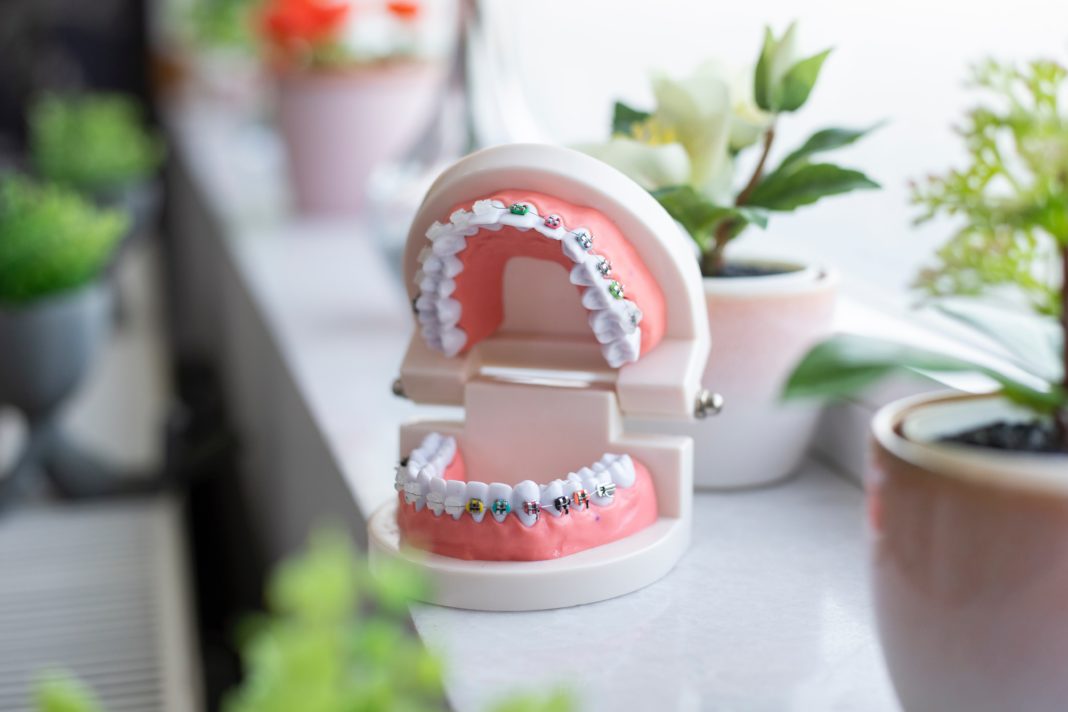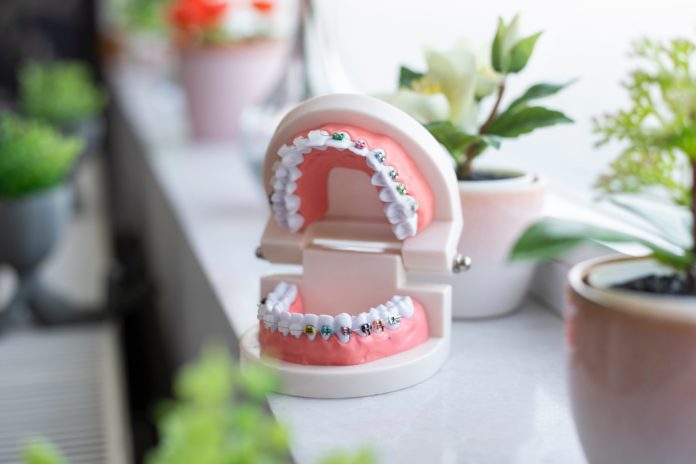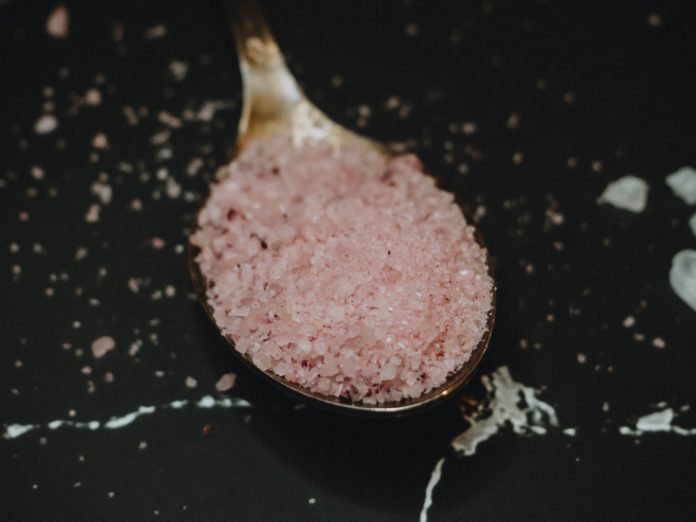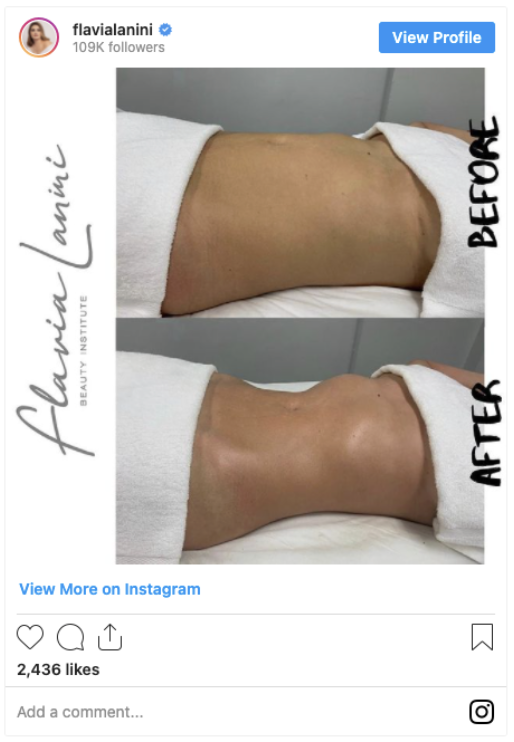Mouthwash is supposed to freshen your breath, prevent cavities, and keep your gums healthy, right? So what if it did the exact opposite?
According to some dental professionals, mouthwash may be “one of the top dental mistakes” made by dentists and patients¹. Wait – what?!?
Other dental experts (including the ADA) maintain that any negative effects of mouthwash are far outweighed by the positive benefits – namely killing off the nasties in your mouth that lead to disease.
Who’s telling the truth?
Today, we’re doing our best to dig into the science and learn why your oral microbiome might hate the swish, and whether any better alternatives exist.
What We Know
The first reference of “mouthrinsing” as a formal practice dates back to Traditional Chinese Medicine (TCM), at about 2700 B.C. TCM practitioners used a simple saltwater rinse to treat gum disease.
Ancient upper-class Romans later took up the practice. And even Hippocrates advocated rinsing your mouth with a mix of salt, vinegar, and other minerals2.
However, it wasn’t until the 1920s that commercial mouthwash became as common as toothpaste. A series of ads touting one popular brand as a cure for chronic halitosis (i.e., bad breath) convinced people to buy and use it. Mouthwash sales soared from $115,000 to more than $8 million in just seven years3,4. That would be around $115 million today.
So here’s where things get weird.
That popular brand of mouthwash you see everywhere? It was first created in the 1870s as a powerful antiseptic to kill bacteria and reduce surgical infections.
Thanks to those antiseptic properties, this mouthwash was also sold as a floor cleaner, cold remedy, cure for gonorrhea, preventative for “infectious dandruff,” and more4.
Today, it’s the leading mouthwash/dental rinse brand here, raking in around $200 million every year5,6.
Almost every commercial and OTC mouthwash at the grocery or drug store now builds on the Listerine model: kill ALL the germs and bacteria that live in your mouth.
The case for friendly bacteria
How scientists think about oral bacteria and dental health has changed significantly since the 1920s. We now know the microorganisms in your mouth and teeth are a complex ecosystem7.
Faculty at the Harvard School of Dental Medicine uncovered at least 615 different species of bacteria in the average person’s oral microbiome (and counting!). They say the number of bacteria in just one mouth “can easily exceed the number of people who live on Earth.8”
Like the colony of flora in your gut, your oral microbiome consists of both helpful and harmful bacteria strains. Nefarious bacteria cause everything from bad breath to tooth decay (as their acids eat away at your outer layer of enamel).
But – the “good” bacteria help manage and prevent the damage caused by the “bad.”
So while marketers seized on the opportunity to “kill germs that cause bad breath,” mouthwash containing alcohol or other antibacterial agents also kill the hard-working beneficial bacteria.
Just like antibiotics destroy both types of bacteria in your gut, mouthwash makes a clean sweep of the entire colony vibing in your mouth.
Now for the bad news.
Swishing away beneficial bacteria totally disrupts the delicate balance of your oral microbiome.
Scientists say technological advancements have proved the importance of keeping the oral microbiome intact. Research shows a surviving community is better equipped to prevent infections from pathogens, ward off cavities, decrease your risk of gingivitis, lessen bad breath, and even reverse signs of tooth decay9.
So is swishing around bacteria-killing mouthwash doing more harm than good?
What We’re Still Learning
We’re beginning to learn the consequences of a compromised oral microbiome. While we still need more scientific studies to be sure, emerging research suggests that:
Mouthwash may cause more cavities and tooth decay.
Mouthwash’s claim to fame is killing bacteria. But there’s no research proving that killing 99.9% of your mouth’s bacteria prevents cavities or supports better dental health. In fact, mouthwash may make you more susceptible to dental issues because:
Mouthwash halts remineralization.
Your diet, lifestyle, and dental hygiene can all whittle down your teeth’s protective outer layer of enamel. Remineralization is your smile’s natural repair process. Your saliva and your “good” oral bacteria deposit minerals such as phosphorus, magnesium, and vitamin K2 onto your teeth. This helps rebuild your teeth’s enamel to prevent cavities and even naturally reverse tooth decay10.
But if you use mouthwash to destroy that bacteria, remineralization can’t happen, leaving you more vulnerable to dental problems.
Mouthwash creates dry mouth.
In the age of constant hand-sanitizing, we all know alcohol creates a drying effect on our bodies. OTC mouthwash clocks in anywhere between 19% to almost 27% alcohol (in the form of ethanol), which is higher than most beer (~7%), wine (~13%), and some liquors11. This concentrated source of alcohol zaps your mouth’s natural saliva production and dries up all the parts of your mouth that should be kept moist.
Less saliva means more gum disease and bad breath.
The beneficial bacteria in your saliva fight off harmful pathogens that lead to gum disease and gingivitis12. They also break up the bacteria that cause tooth decay and help get odor-causing bacteria under control13.
Mouthwash can cause irritation, mouth ulcers, sores, and staining.
Besides the alcohol, OTC mouthwashes contain mildly-irritating ingredients, such as menthol and methyl salicylate¹. But mouthwash doesn’t kill all the germs in your mouth in a 60-second swish.
The swishing motion leaves behind bacteria-busting ingredients that actually dissolve into your teeth, gums, and tongue. That’s one of the reasons it burns when you use it¹. Frequent swishers might form small tears or ulcers in their cheeks or experience uncomfortable pain in their palate tissue.
Further, mouthwash slowly dissolves your teeth’s outer protective layer of enamel, so they’re more exposed to acidic and teeth-staining foods. You may notice coffee, tea, and red wine stain your teeth more easily.
Mouthwash containing chlorhexidine may raise blood pressure and increase the risk of diabetes.
Chlorhexidine is the main ingredient in mouthwash that serves as an antiseptic to kill bacteria14. However, scientists in several studies have noticed that mouthwash containing it “significantly changed the oral microbiome” for the worse.
They discovered that participants using mouthwash often have lower “microbial diversity.” This tends to correlate with an increased risk of high blood pressure (though not considered “statistically significant”), heart disease, and oral diseases15. Researchers also noticed those using mouthwash were more likely to develop obesity, insulin resistance, and type 2 diabetes16.
The Bottom Line
Mouthwash should never replace proper dental hygiene, which includes brushing at least twice a day and regular flossing. This routine may be enough to maintain an optimal balance of good bacteria in your oral microbiome. Then your body can remineralize, manage bad breath, and prevent cavities and tooth decay naturally.
We still need additional studies to learn whether mouthwash is truly terrible for your health. So if any of the unknowns concern you, you may want to find an alternative…
How do I get started?
| Toes In |
|
| Waist Deep |
|
| Full Immersion |
|





